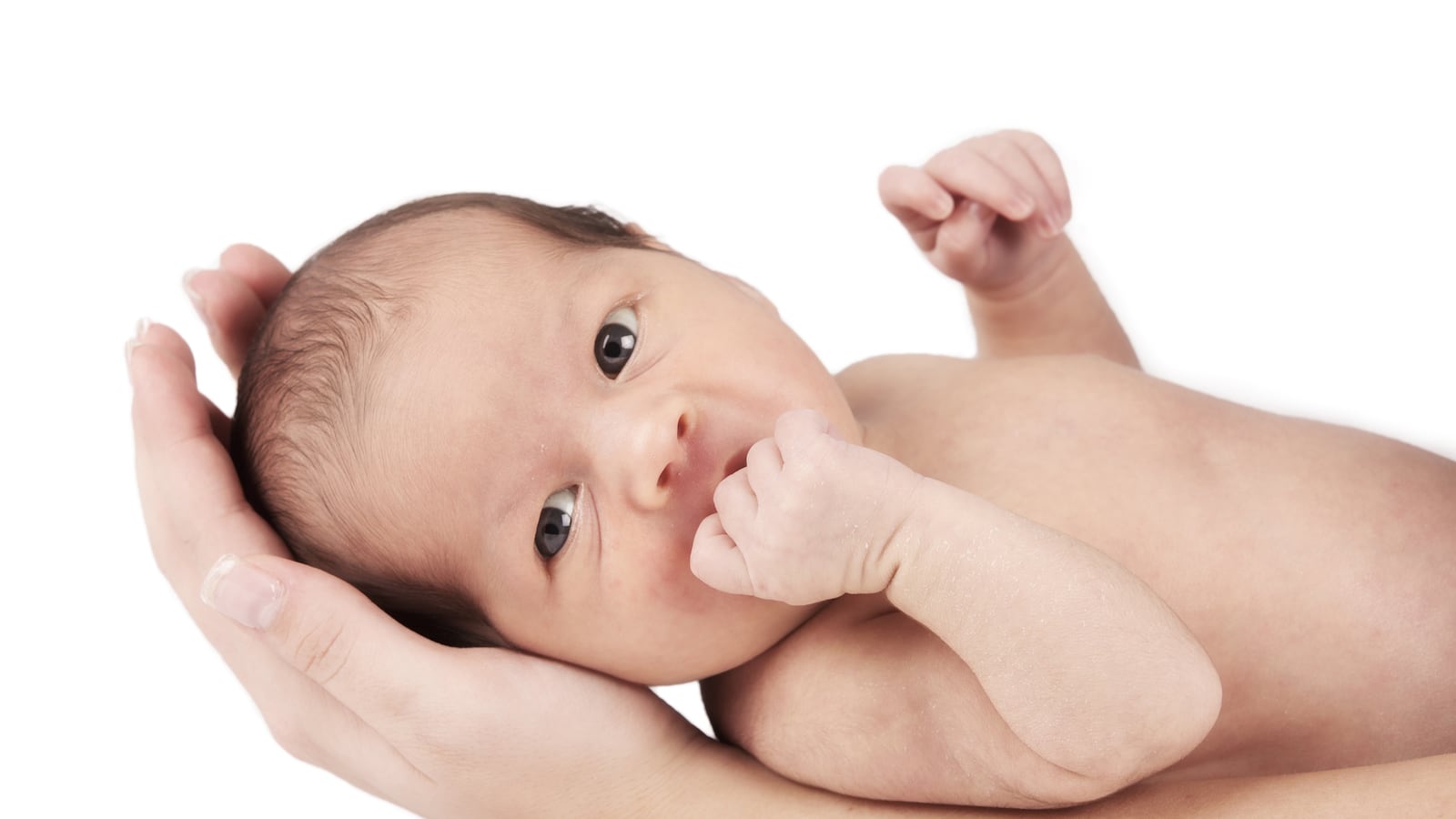In response to a nationwide heroin epidemic, some Cincinnati hospitals are starting a new program to test all mothers or their infants for opiates, not just those deemed to be at risk based on their background.
The program is intended to help physicians identify newborns who could suffer from Neonatal Abstinence Syndrome (NAS), a group of symptoms related to drug withdrawal including excessive crying, irritability, diarrhea, and seizures. Mothers who test positive will be referred to treatment while their newborns receive extended care.
It’s a bold approach to a growing problem but it may only be effective in a state like Ohio, which, unlike many states, does not punish pregnant women who suffer from drug addictions. Women already bear the brunt of the heroin epidemic and they may face additional criminal and civil consequences if they become pregnant while using drugs.
According to the Centers for Disease Control and Prevention (CDC), heroin use has more than doubled among adults ages 18 to 25 in the last decade, and heroin-related overdose deaths have nearly quadrupled between 2002 and 2013. Among women, heroin use has increased by a staggering 100 percent from 0.8 to 1.6 users per 1,000 people, as compared to a 50 percent increase among men across the same time period.
Over roughly the same time period, the prevalence of NAS has increased from 1.2 to 3.39 per 1,000 hospital births, becoming a pressing public health problem in neonatal ICUs.
In light of the spike in heroin use, the CDC recommends that states increase access to treatment for drug addiction. But some states seem to believe that the best way to help NAS newborns is by threatening their mothers with jail time instead of providing treatment and social support.
In 2014, a Tennessee law went into effect allowing pregnant women who take narcotics while pregnant to be charged with aggravated assault, which could result in a 15-year prison sentence. In so doing, the state earned the dubious honor of becoming the first to pass a specific law that would punish drug-addicted pregnant women.
Weeks after it went into effect, a 26-year-old mother who admitted to using meth before childbirth became the first woman to be charged under it.
"Hopefully it will send a signal to other women who are pregnant and have a drug problem to seek help. That's what we want them to do," a county sheriff told the local ABC affiliate.
But critics including the American Civil Liberties Union (ACLU) and The American Congress of Obstetricians and Gynecologists (ACOG) say that such measures do not encourage women to seek help but rather discourage them from seeking prenatal care. Some medical experts even believe that legal prohibitions on pregnancy during drug use may increase abortions among women who would feel pressure to terminate their pregnancies in order to avoid prosecution.
And if Tennessee lawmakers are truly concerned about the welfare of drug-addicted pregnant women, perhaps they should consider funding a specific program to help them recover.
As it turns out, the states that punish drug-addicted pregnant women and the states that prioritize their welfare have a disappointingly narrow intersection. According to the Guttmacher Institute (PDF), 19 states have created or funded targeted drug treatment programs for pregnant women. Tennessee does not number among them. Nor do 10 of the 18 states where it is considered child abuse, although five of them do give pregnant women priority access in general programs.
Of the 15 states that require mandatory reporting to the state when substance abuse is suspected, only six have created or funded treatment programs for pregnant women.
Including Tennessee, a handful of states have gone beyond state reporting requirements and standard definitions of child abuse.
In 2013, the Alabama Supreme Court upheld the conviction of two mothers who had used drugs while pregnant and ruled that drug use during pregnancy constituted chemical endangerment of a child because “the plain meaning of the word ‘child’ in the chemical endangerment statute includes unborn children.”
With this ruling, Alabama joined the South Carolina Supreme Court, which ruled in 1997 that a viable fetus was a “person” and that “maternal acts endangering or likely to endanger the life, comfort, or health of a viable fetus” could be considered criminal child abuse.
Neither Alabama nor South Carolina has funded specific substance abuse treatment programs for pregnant women.
Reuters reports that five other states have tried to pass legislation similar to Tennessee's new law. In March, for example, North Carolina legislators pushed for a law that would classify drug use while pregnant as assault, a class 2 misdemeanor in the state.
But women who use drugs while pregnant have also been charged under the “fetal harm” and “fetal homicide” laws that are already found in a majority of states. Last year, a chronically depressed and uninsured Wisconsin woman named Tamara Loertscher spent 17 days in jail because clinic discovered methamphetamines and marijuana in her system when she went in for a pregnancy test. Loertscher said that she stopped using drugs as soon as she suspected she was pregnant but it was too late.
Many “fetal homicide” laws were originally intended to punish those who injured or killed pregnant women—now they are being applied to punish and demonize pregnant women themselves.
As ACOG notes, several major medical and public health organizations in the United States have argued that states should try to curtail drug and alcohol use during pregnancy through treatment rather than criminal prosecution. The American Medical Association fought the 2013 Alabama Supreme court ruling and opposes legislation that criminalizes drug use during pregnancy. And the American Psychiatric Association said in a 2001 position statement that “societal resources [should] be directed not to punitive actions but to adequate preventive and treatment services for these woman and children.”
Even new universal testing initiative in Cincinnati is not without controversy. As Reuters reports, some advocates would prefer a screening program for pregnant women to mandatory testing. But if mandatory testing can be effective anywhere, it would be in a state like Ohio where there are no criminal consequences for drug-using pregnant women, no mandatory reporting requirement, and state-funded treatment available for pregnant women.
What a novel idea: Help people recover from drug addiction instead of punishing the ones who have uteruses more severely.






